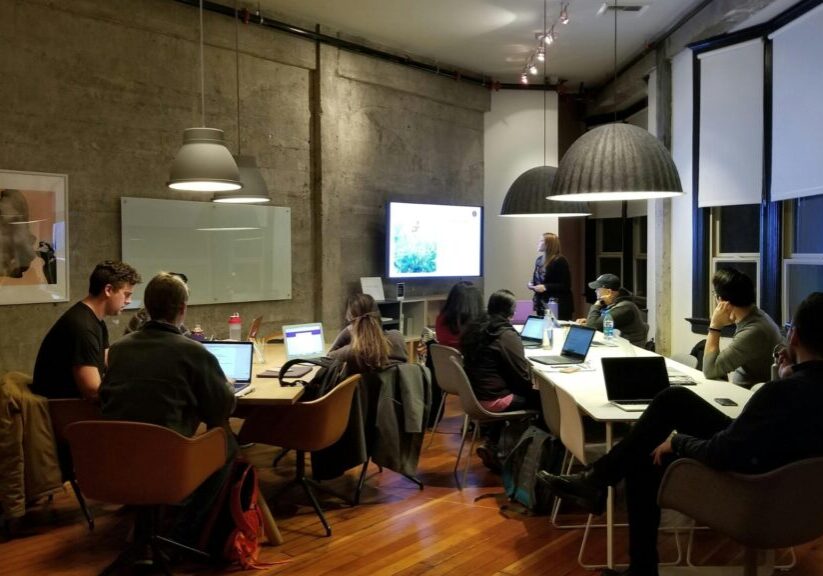Let’s focus on creating inclusive environments for individuals in the Group-Centric stage. At this stage, people find their identity within groups and are motivated by social norms and expectations. They seek belonging and approval, often prioritizing the group’s needs over their own.
Creating an inclusive environment is essential for Group-Centric individuals to thrive. They perform best in settings where their contributions are recognized and valued, and where they feel a strong sense of community.
To create an inclusive environment, start by fostering a sense of belonging. Use inclusive language that reinforces group identity, such as “we” and “our.” Highlight the importance of each member’s role in the group’s success and recognize their contributions during team meetings.
Encourage collaboration and team-building activities. Group-Centric individuals enjoy working together towards common goals. Provide opportunities for them to participate in projects that require input from various team members. This not only boosts morale but also enhances overall team performance.
It’s also important to create a safe space for open communication. Encourage Group-Centric individuals to share their ideas and opinions without fear of judgment. Foster an environment where diverse perspectives are valued and respected. This helps them feel more comfortable expressing themselves and contributes to a more dynamic and innovative team.
However, gently challenge them to think independently and develop their own perspectives. Ask open-ended questions that prompt them to think critically and express themselves. This helps them balance their group-oriented thinking with individual insights, fostering a more well-rounded approach.
By understanding and supporting Group-Centric individuals, you can create a cohesive and motivated team. It’s about fostering community while encouraging individual growth.











